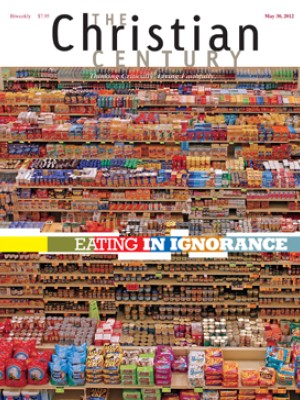When Women Were Birds, by Terry Tempest Williams
Some things to know about the American writer Terry Tempest Williams: She wrote a masterpiece (Refuge, a brilliant braiding of her mother’s death and the flooding of the Great Salt Lake), which should be in print as long as America is a nation. She has done as much as anyone in America in the last 30 years to conserve and protect and celebrate wild land as a priceless American patrimony, bringing a charismatic eloquence and passion to bear on what is finally a moral decision between theft and reverence. Few writers in our language today have anything close to her astounding gift for listening and witness, as well as singing the grace and courage of other beings.
Yet she has also written books in which her incredible gift for witness is applied almost solely to herself alone; her work verges so close to poetry that when it does not work in service to story it often comes off as mere mannerism; and she says of herself in her newest book that she is “selfish, self-absorbed, overwrought, in denial, broken.”
Read our latest issue or browse back issues.
You see the point. Here is a writer of stunning spiritual and artistic power; there are essays and passages in her work that make your heart sing and your brain shimmer, and her books Refuge, An Unspoken Hunger and The Open Space of Democracy ought to be required reading for citizenship in these United States. But here too is a writer who spends pages and even whole books staring in the mirror, mistaking journal entries for literature, drawn endlessly to herself in the mistaken belief that indulgence is prism. In short, Terry Tempest Williams is an amazing and frustrating paradox. That is surely the story of all writers, and all readers too; it’s also a fair review of When Women Were Birds.
But oh, the sudden brilliance! “I drink, I burn, I gather dreams. And sometimes I tell a story.” “I want to be read, I want to be heard. . . . Writing requires an aching curiosity leading you to discover, uncover what is gnawing at your bones. Words have a weight to them.” Indeed they do, and when they are marshaled and jazzed in service to story—as with a long passage here about Nushu, a now-dying secret language of women in China—the reader is enlightened, moved, elevated. A secret language of women, a code, “a whispered language”!
The structure of the book: when Williams’s mother died, she left her only daughter all her journals, “three shelves of beautiful clothbound books, the spines of each perfectly aligned against the lip of the shelves. I opened the first journal. It was empty. I opened the second journal. It was empty. . . . Shelf after shelf after shelf, all my Mother’s journals were blank.” So Williams, in a sense, fills those journals with her own musings about mother and daughter, women in Mormon culture, women in many human cultures. One way to read When Women Were Birds is to consider it a swirling meditation on women in the world, using the author’s experiences as filter; another way to read it is as something like the 14th volume of Williams’s memoirs, a long tome filled with both heartbreaking brilliance and endless pondering of breaking away from church and male dominance.
If ever there were a modern writer who deserved and would be handsomely served by an anthology of her works, Terry Tempest Williams is the one. If ever there were a writer who deserved a two-volume Library of America set, Terry Tempest Williams is the one. The first, slim book would be Refuge in toto, and the second, fat one would be selections from her 30 years of work as a fine essayist, gifted polemicist, graceful naturalist, empathetic folklorist and riveting speaker. She’s a good candidate for such an honor on the basis of the substance of her work alone; she stands in the front rank of the great bloom of nature writers of our time, with Edward Abbey and Barry Lopez, Mary Oliver and Peter Matthiessen.
Some of Williams’s work gets eerily and wonderfully close to the great shivering spaces among words, the places where words fall off the things we try to explain with them, and we gape and can only muster stories; but the price of her gift, as so often happens with gifted poets, is how often it misses. It’s unfair to Williams to want to hear her most substantive and least self-absorbed voice all the time. No one is that consistent, not even a genius like Mark Twain or Van Morrison, and an artist can use only the tools she has been given. But it is a mark of both Williams’s past achievement and her future promise that reading When Women Were Birds forces you back to her best essays—to remember, with something like awe, what she can do and, God willing, will do again.







